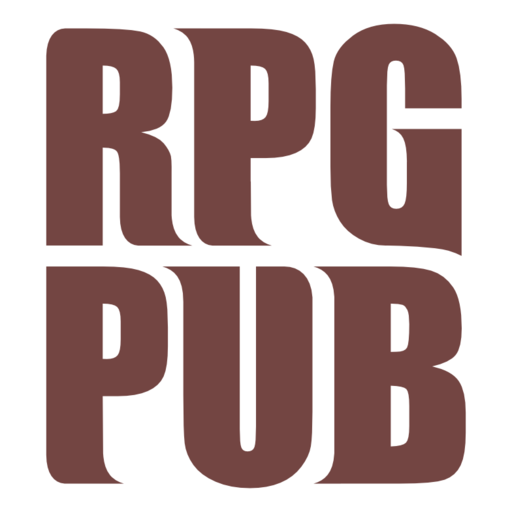Edgewise
Legendary Pubber
- Joined
- Sep 27, 2017
- Messages
- 4,255
- Reaction score
- 7,993
That is hard to imagine but it sounds really interesting. Mythras/RQ/BRP characters are so much more fragile than mid-level D&D PCs.indeed, Classic Fantasy, the Mythras offshoot, was tested on Against the Giants. I think it works pretty well, once you get your head around it.








 It became a running joke over some time. His "super" name became "Blackbag," and the player even designed an animated .gif related to such activities after a few sessions of that... hilarious as it was, it did cause some discord and ruined some particularly vital party plans.
It became a running joke over some time. His "super" name became "Blackbag," and the player even designed an animated .gif related to such activities after a few sessions of that... hilarious as it was, it did cause some discord and ruined some particularly vital party plans. What a shame, particularly during a playtest.
What a shame, particularly during a playtest.

